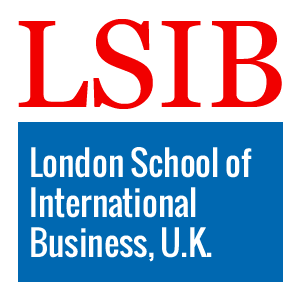Global Certificate Course in Easter Card Conflict Resolution
Published on June 26, 2025
About this Podcast
HOST: Welcome to our podcast, where we explore exciting courses and the insights they offer. I'm thrilled to have our guest today, an expert in conflict resolution. Can you tell us a bit about your background and how you got involved in this field? GUEST: Thanks for having me! I've always been passionate about fostering positive relationships and resolving conflicts constructively. After years of working in mediation, I decided to share my knowledge through teaching, eventually developing this Global Certificate Course in Conflict Resolution. HOST: That's fascinating. Your course covers various contexts, including personal, community, and organizational settings. Can you share any personal experiences or insights on the importance of conflict resolution in these different areas? GUEST: Absolutely. Conflict is inevitable in any setting, but the key is to manage it effectively. For instance, in personal relationships, understanding the other person's perspective can help build empathy and resolve disagreements peacefully. Meanwhile, in a community or organizational context, strong conflict resolution skills can foster a more collaborative environment and prevent escalation. HOST: You're right. Effective conflict resolution is vital for maintaining healthy relationships and workplaces. Speaking of workplaces, what current trends or challenges are you seeing in the industry that are relevant to the course? GUEST: One significant trend is the increasing focus on diversity, equity, and inclusion. Understanding and addressing the unique challenges that diverse teams face is essential for successful conflict resolution. A related challenge is the rise of remote and hybrid work environments, which can complicate communication and make conflicts more difficult to navigate. HOST: That's true. Diversity and remote work certainly present new challenges. Now, looking to the future, how do you see the field of conflict resolution evolving, and how might your course adapt to these changes? GUEST: As technology continues to advance, I anticipate more digital tools and platforms being used to facilitate conflict resolution, like virtual mediation. Additionally, with the increasing awareness of mental health, there might be a greater emphasis on holistic approaches to conflict management, incorporating emotional intelligence and self-care techniques. Our course will stay updated with these trends, ensuring participants are well-equipped to handle conflicts in various settings. HOST: It's clear that your course offers valuable insights and practical skills for anyone looking to enhance their conflict resolution abilities. Thank you for joining us today and sharing your expertise. And for our listeners, don't forget to check out the Global Certificate Course in Conflict Resolution – a fantastic opportunity to transform your approach to conflict!
